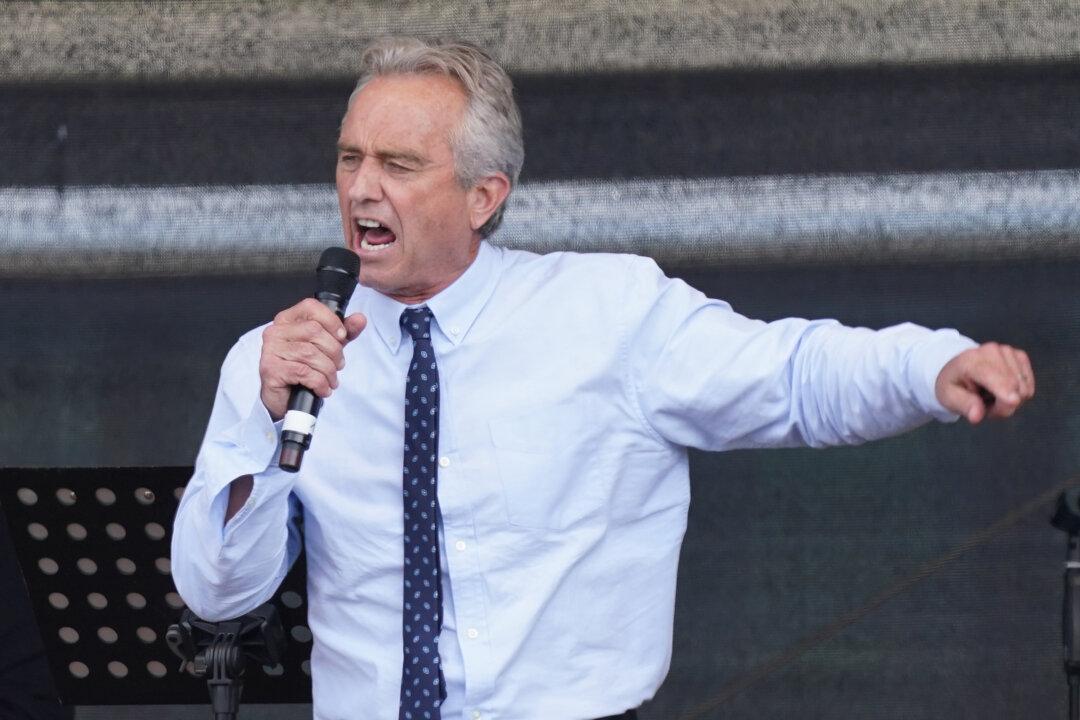Presidential hopeful Robert F. Kennedy Jr. says that he'd end the Russo–Ukrainian conflict as soon as possible if he were elected president.
Asked how he would handle the war, Kennedy said quickly, “I would end it. The Russians want to end it.”

Presidential hopeful Robert F. Kennedy Jr. says that he'd end the Russo–Ukrainian conflict as soon as possible if he were elected president.
Asked how he would handle the war, Kennedy said quickly, “I would end it. The Russians want to end it.”